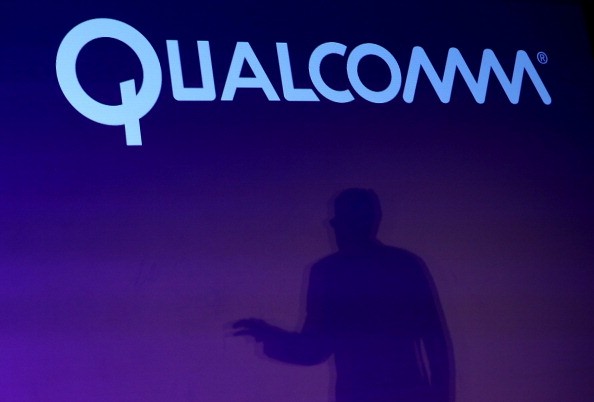The world's demand and industrial landscape has seen a dramatic upsurge in the past couple of decades. As the smartphone industry gains expanse rapidly, high-tech gizmos have also been evolving side by side.
Recent technology has soared to the level that a processor found in a good smartphone can easily beat the hell out of a processor of a desktop computer. It's no surprise where today's technology is headed given the market competition where Qualcomm is a global leader in electronic chips.
However, Qualcomm is now facing a serious competitor. Chips coming in from China are not only of competing quality but are also very economical. Chinese firms have been able to keep their standards high while retaining low production costs in order to produce marvelous results.
A Mobile processor is essentially what's called a system-on-a-chip (SoC). This chip is the core of every smartphone. It's programming and design ensures that it's capable of graphic processing, multimedia decoding, memory management and most importantly, running applications.
Huawei Technologies has taken a great leap in the domain of crafting high-end mobile processors which are getting extremely popular among the public. The Global Times reported that the Senior Vice President at Huawei claimed in last year's Beijing press-conference that the company had shipped over 50 million in-house SoCs, half of which were used for smartphones in China.
Huawei's recent SoC called Kirin 950, also incorporated in the widely popular Mate-8 smartphone, takes pride in providing a sharper performance as compared to some of the comparable middle-ranged phones produced by Samsung and Qualcomm.
Kirin 950 is an octa-core which can theoretically outrun Qualcomm's quad-core Snapdragon 820. The Chinese chipset is crafted in a manner so that the user's multi-tasking requirements can be catered to more efficiently as compared to what other chipsets offer.
According to Sci-Tech Today, the Kirin 960, launched this Wednesday, is expected to champion the next generation of Huawei's upcoming Mate 9. The shipment of Kirin SoC this year surpassed the 80 million mark. The inception of these chipsets can become a game-changer for Chinese firms in the international smartphone industry.
Prospects that Huawei's chipsets will outperform those of Apple's and Samsung's don't seem that far off into the future now.



























